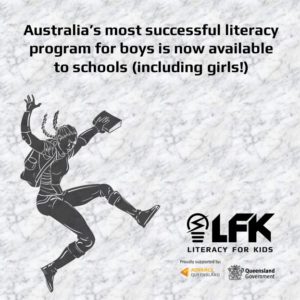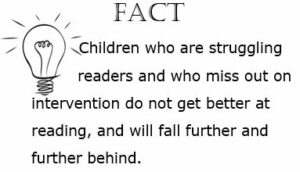Super Skills of Reading: how to help your child become a better reader

This reading thing…… I know from teaching experience that the path to literacy isn’t always straightforward or pain-free. In 20+ years of teaching and tutoring, I’ve seen children chip away at the reading process ~ and when a child cracks the code it’s a wonderful thing. And if you have a struggling reader, they need our help before they come disengaged. Let’s look at some Super Skills for Reading: skills that are relevant to pre-readers, primary school-aged and early secondary students.

Ensuring the super skills happen
When the super skills work together smoothly and effectively, children learn to read efficiently. Although reading is a complicated, multi-layered task, it is an individual journey. It’s important to mention that what takes place in the early years holds the key to them being reading-ready: it will shape their experience to sail rather than fail.
Let’s break down some core literacy development skills with the aim of setting our kids up to soar.
1. Alphabetical understanding: the basic grasp that written words are made up of letters of the alphabet and are parts of spoken words.
2. Phonological awareness: this is the ability to focus on the sounds of spoken language rather than their meaning. This includes word awareness, hearing rhyme patterns in a list of words and in the sounds of rhythms that make up words.
3. Phonics: the ability to recognize the connection between sounds and letters they make. This process of mapping the sounds in words to written words is a very important reading skill. Children first decode the words into sounds and encode the sounds into words as they write and spell.
4. Vocabulary: A good vocabulary is a fundamental part of academic success. This reading skill is necessary to understand the meaning of words, their definitions, and their context. The more words a child knows, the better they are at reading and understanding the texts they read.
5. Fluency: is the ability to read aloud with understanding, accuracy, and speed. It is a skill needed for good reading comprehension. Kids fluent in reading know how to read smoothly, at a good pace, using proper tone, and without making too many errors.
6. Comprehension: this is the endgame. It’s a biggie and it’s my passion. When a reader can read and understand, and remember what it is that they’ve read, they’ve made it! Reading comprehension is a complex skill that requires time and practice to develop fully. If you are an educator and parent of upper primary, or early secondary children who struggle with reading don’t despair. My firm belief is that reading comprehension skills CAN be improved, IF you present kids with great content and quality reading instruction.
How we have implemented these reading ideas into our programs

How can we improve the learning experience for those who find literacy challenging or those kids who don’t engage with reading?
Kids need content that appeals to them. Find books that are a great read.
Children also need reading resilience. In high school, they will read huge pieces of text – and it’s not always what they love, find funny or are interested in. I often ask parents: How is your child going to cope if all they’ve had is a diet of joke books with small bites of text? Provide them with lots of different books, be a reading role model and even read the same books as them (I found this very successful with my young teen). If you’d like some ideas to get your kids reading, listen to my ABC Canberra interview here:
Our programs ~ Literacy for Boys and Literacy for Kids ~ have had a huge uptake with high schools this year. It reflects two things:
a) the need for quality reading material that engages older students
b) a decline in reading skills over the past three years (COVID’s impact largely)
We are incredibly passionate about improving kids’ literacy – research consistently supports the fact that confident readers achieve more highly than disengaged learners.
If we can get our children to enjoy reading they will grow into a reader, and that reader has more doors open to them in this world.
If you are wanting a resource that can boost your child’s or class’ literacy in 2023, please visit Literacy for Boys or Literacy for Kids
Check out our recent appearance on Channel 7 News ~
Parents ~ sign up for a free 30-day trial and improve your son’s literacy for the upcoming school year!
As an educator, do you want more from your literacy program? Contact us for a 30-day free trial in your school or classroom. Sign up for our newsletter and get FREE Comprehension Worksheets for Years 3 to 9.
Check out our blogs for more ideas and tips.
Using Technology to include all literacy learners
Steps to Successfully Support Disengaged Learners
See us featured in The Educator Australia magazine
Research confirms that early reading boosts literacy
Boys Love LFB – Here’s what they have to say!
Get boys reading in the digital age
Why write? Tips for reluctant writers
Brought to you by Tanya Grambower

